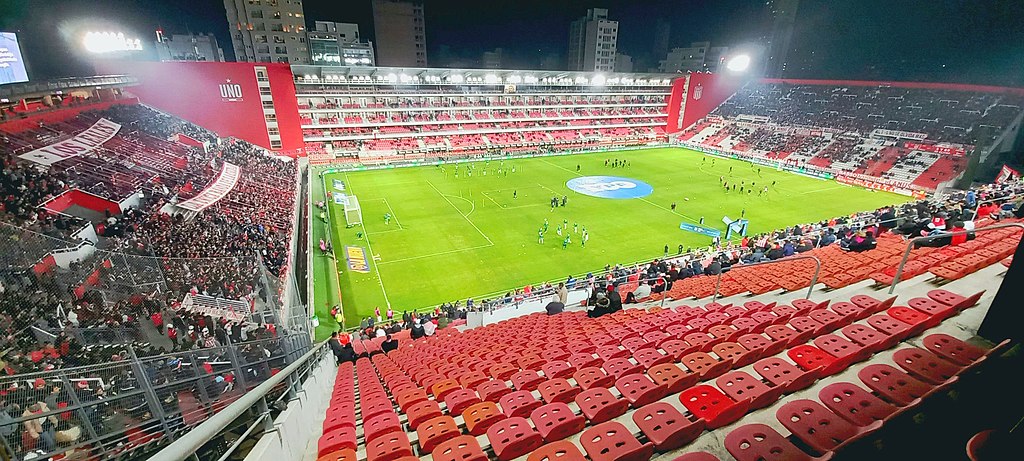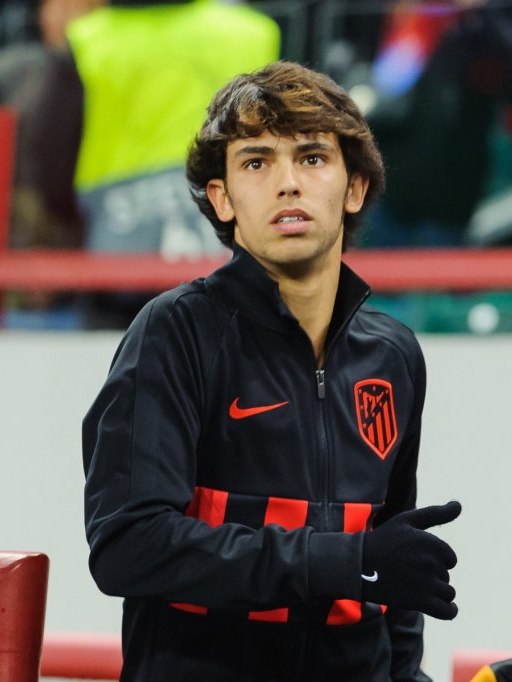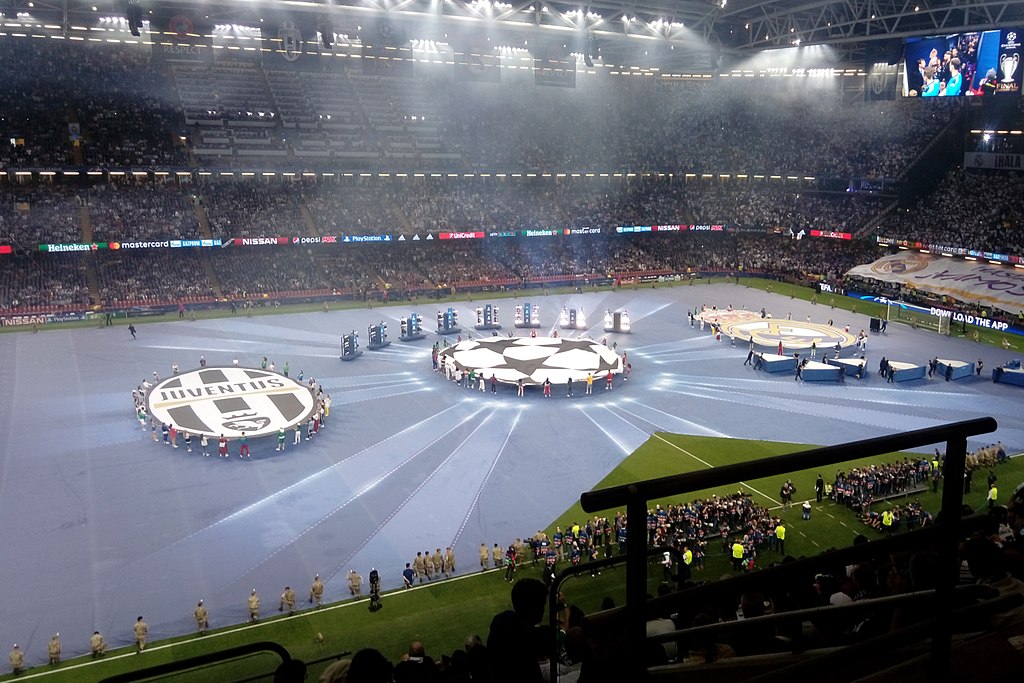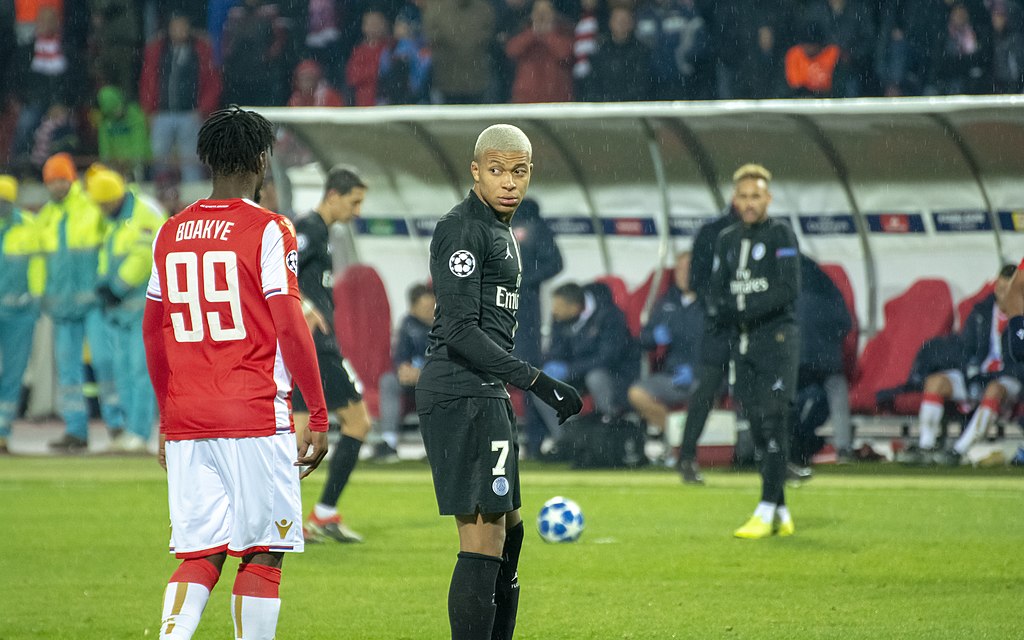
When 18-year-old Gerónimo Spina joined Spanish side Atlético Madrid, it looked like a normal transfer. Yes, Spina was one of Estudiantes’ top prospects, and he was leaving for free, but that’s not unusual in today’s game. The rules of FIFA allow overseas transfers when players turn 18, and increasingly players chose to head to European clubs at younger ages. Additionally, Spina had not signed a professional contract with the Argentine club.
What makes this transfer so unusual is how Estudiantes responded.
In its statement, released on Twitter as well as the club website, Estudiantes lashed out at both the teenage defender and Atlético Madrid. Spina was accused of greed and sneaking out through the back door, betraying the club that helped him develop. Atlético received similar criticism, with the statement saying they snatched the prospect without any permission and took advantage of a lack of legal permission.
Spina is far from the first player to follow this path. Juventus signed Matías Soulé, then 16, from another Argentine side (Vélez Sarsfield) for free in 2020. As a result, they only have to pay training fees to the club for developing him. Argentina’s World Cup winning goalkeeper Emiliano Martínez has a similar story, signing for Arsenal at the age of 17.
These types of transfers benefit European clubs immensely — they can recruit the world’s best prospects for nothing, and, if they don’t work, so be it. However, for the clubs losing the players, it can be devastating — they miss out on the financial benefits as well as the on-the-field benefits.
It can also be harmful for the younger players, who are put under increased pressure, and, as Estudiantes put it, miss out on “growing up in a place that contained and trained him throughout his youth stage”. A lack of familiarity often hurts young players, who struggle to develop in different atmospheres.
This is a problem FIFA is going to have to acknowledge. Increasingly, the rich get richer, and the poor get poorer — especially in South America. South American clubs used to make eye-watering amounts of money from transfer fees, like when Barcelona broke the bank for Santos talent Neymar Jr. This still happens occasionally, but now, many clubs are training young talent and missing out on the benefits.
–
Image Courtesy of Germanramos2, CC BY-SA 4.0, via Wikimedia Commons.







